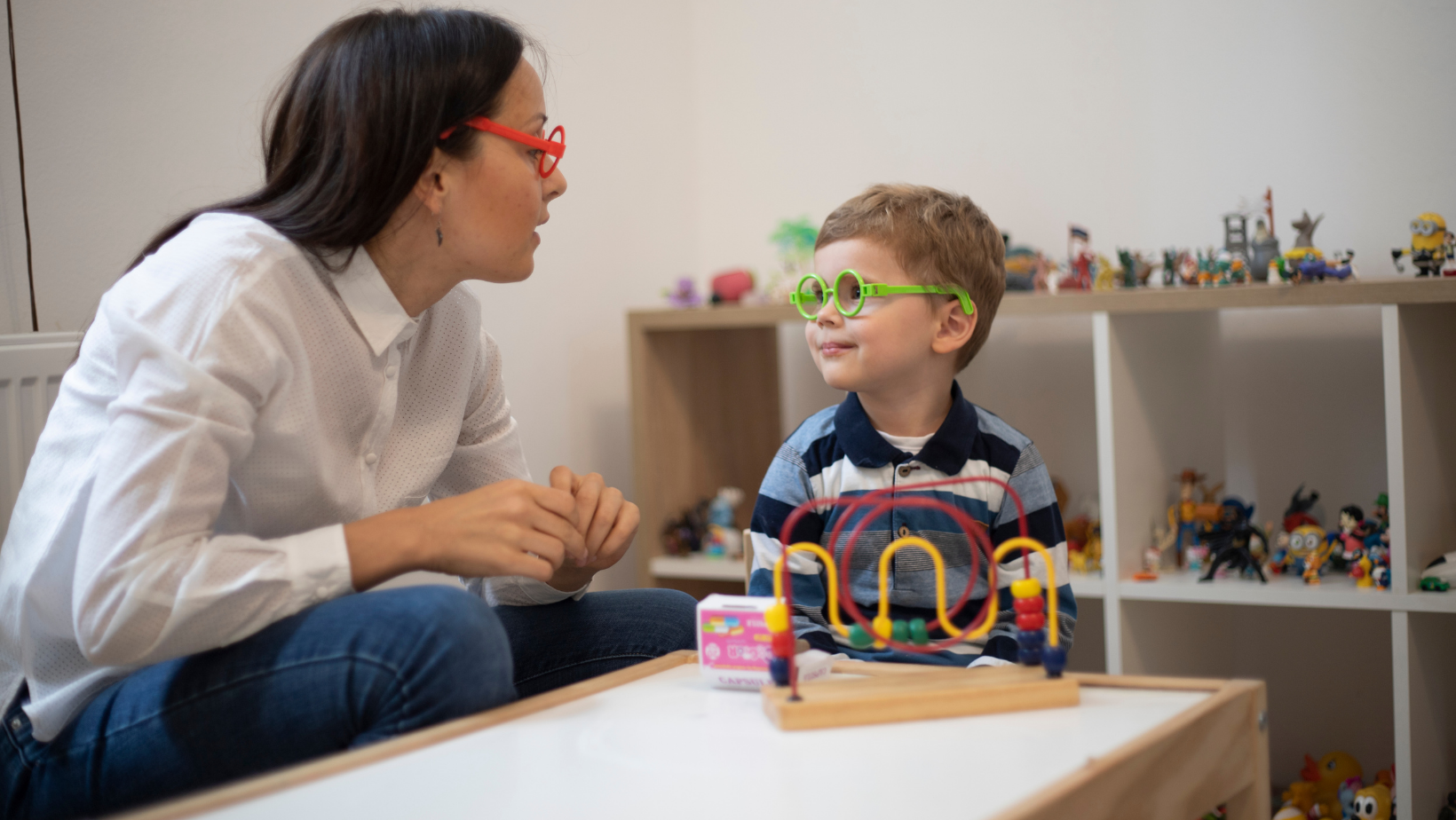Therapists may use a variety of modalities when working with children. Play therapy is one well-known, effective method. Play therapy is a theoretical approach that strives to build upon the natural development of a child to help them learn social, emotional, and behavioral skills. While it’s necessary to adapt the methodology to each individual case, play therapy is a widely accepted and applicable method.
What Is Play Therapy?

Play therapy is an approach to therapy designed primarily for children. This theory builds on the learning processes and developmental trajectory of children, making it best suited to this demographic. Play therapy involves several different treatment methods. Most commonly, a trained professional therapist will interact with a child through play. For example, the therapist and child might play a few different board games together during a therapy session. By meeting the child in the middle of play, therapists can help children express themselves in a safe environment, develop emotional and social skills, or practice problem-solving.
Since the approach varies based on the client, there are several methods a therapist might use during a session. Some techniques of play therapy include performing and interaction, such as storytelling, role play, or dance. Others include visuals, like drawing or building a sculpture. If a therapist wants to help with emotional or relational skills, they might play a board game or another activity that requires close interaction. These techniques are adaptable to the needs of each child, which makes play therapy a flexible and wide-reaching method.
Why Does Play Therapy Work Well for Children?
Therapists can utilize play therapy to help children with social, emotional, and behavioral disorders. While the specific methods of therapy need adaptation in order to fit the needs of each individual child, play therapy is a great way to encounter the child in a place where they feel comfortable. Often, these therapists visit children in their homes, with their parents present. Other times, therapists go with the child to various activities, including school or play dates with friends. By working with children in real-life situations, the therapist can continue to help the child develop social, emotional, and behavioral skills.
Play therapy can also help children become responsible for their behavior as they learn how to better cope with their emotions. As children encounter problems during play, they can learn to develop creative solutions and express themselves constructively. Some children can make strides in emotional and social health as the therapists foster empathy and respect in the interactions. Children can build their social skills, develop fine motor skills, and improve their relational maturity as a result of play therapy.
When preparing to work with children, it’s important to consider using play therapy to meet the child where they are. This can help develop trust as the therapist creates a relationship with the patient. Play therapy is adaptable and effective for multiple purposes and outcomes. Contact us for more details about this method.


